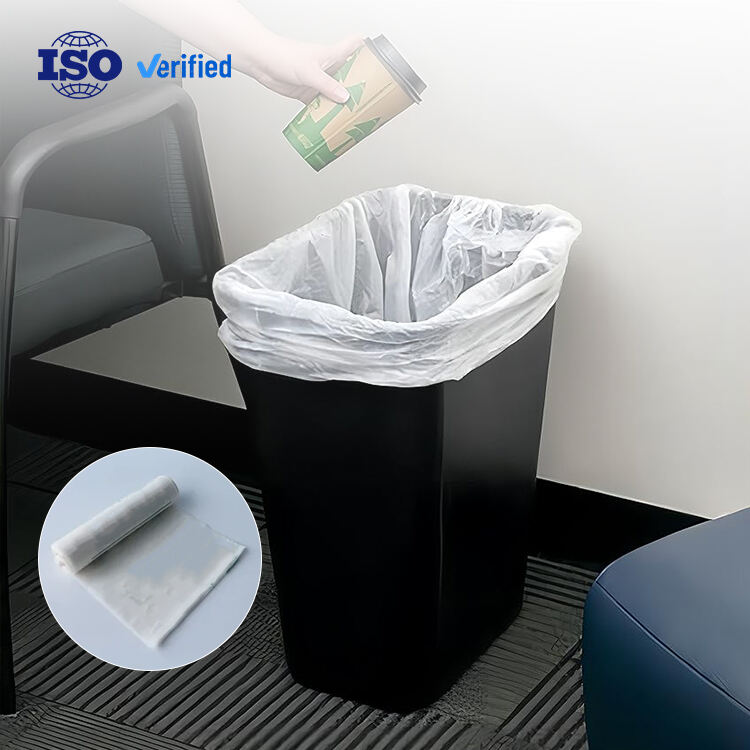plastic films for agricultural applications
Plastic films for agricultural applications represent a revolutionary advancement in modern farming practices, offering comprehensive solutions for crop protection and yield optimization. These specialized films are engineered with advanced polymer technologies to provide precise environmental control and enhanced growing conditions. The films serve multiple critical functions, including temperature regulation, moisture retention, and protection against adverse weather conditions. They feature UV-stabilized compositions that ensure durability while allowing optimal light transmission for photosynthesis. The technology incorporates various thicknesses and compositions tailored to specific crop requirements and climatic conditions. These films find extensive applications in greenhouse covering, mulching, silage preparation, and tunnel farming. Their implementation helps create controlled microclimates that extend growing seasons and protect crops from pests, diseases, and extreme weather conditions. The films are designed with specific light-diffusing properties that help optimize plant growth by ensuring uniform light distribution. Modern agricultural films also incorporate smart features such as thermal properties for temperature management and anti-drip characteristics to prevent condensation damage to crops.


